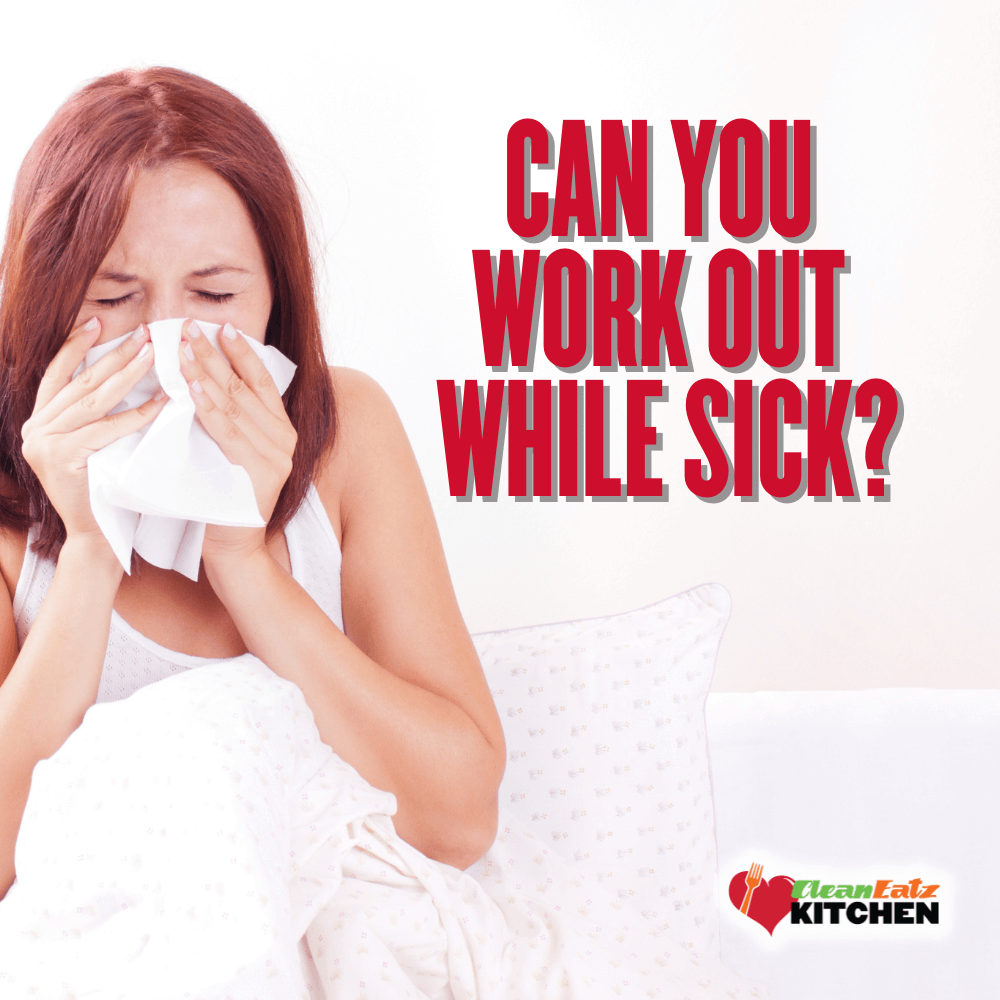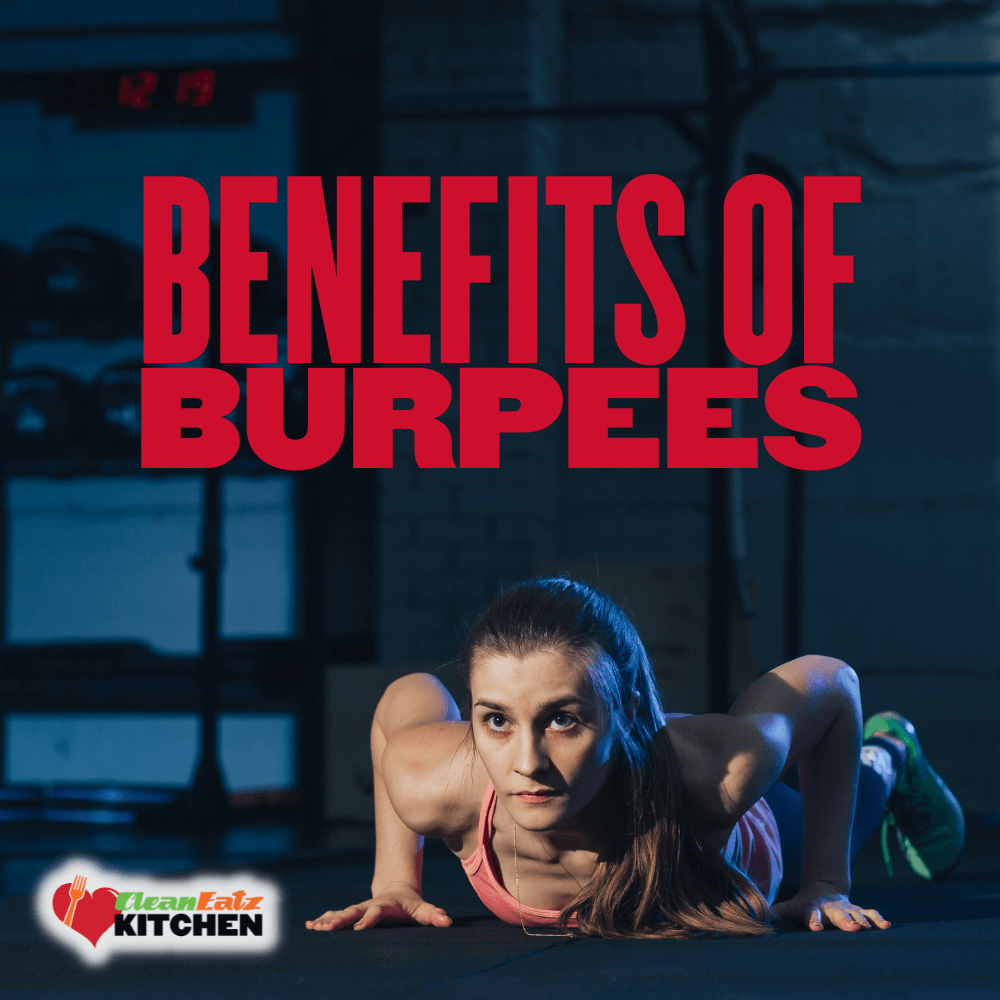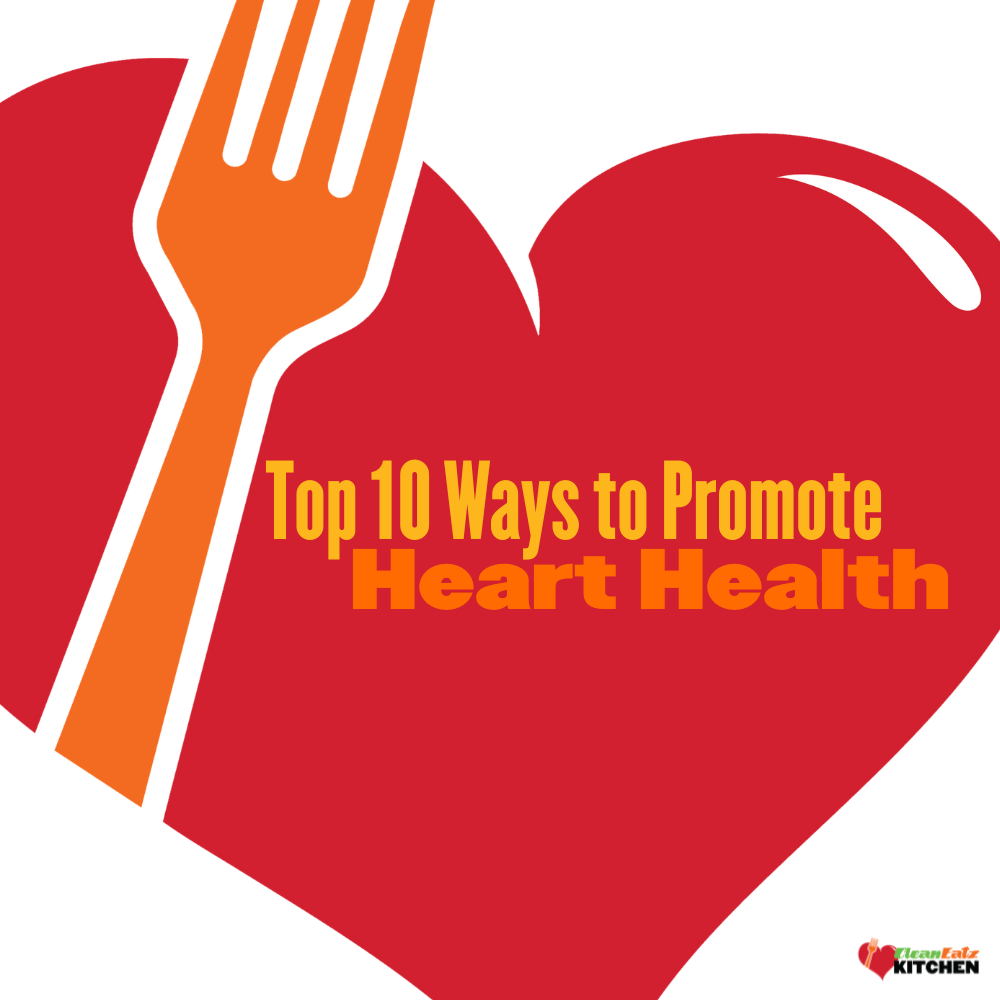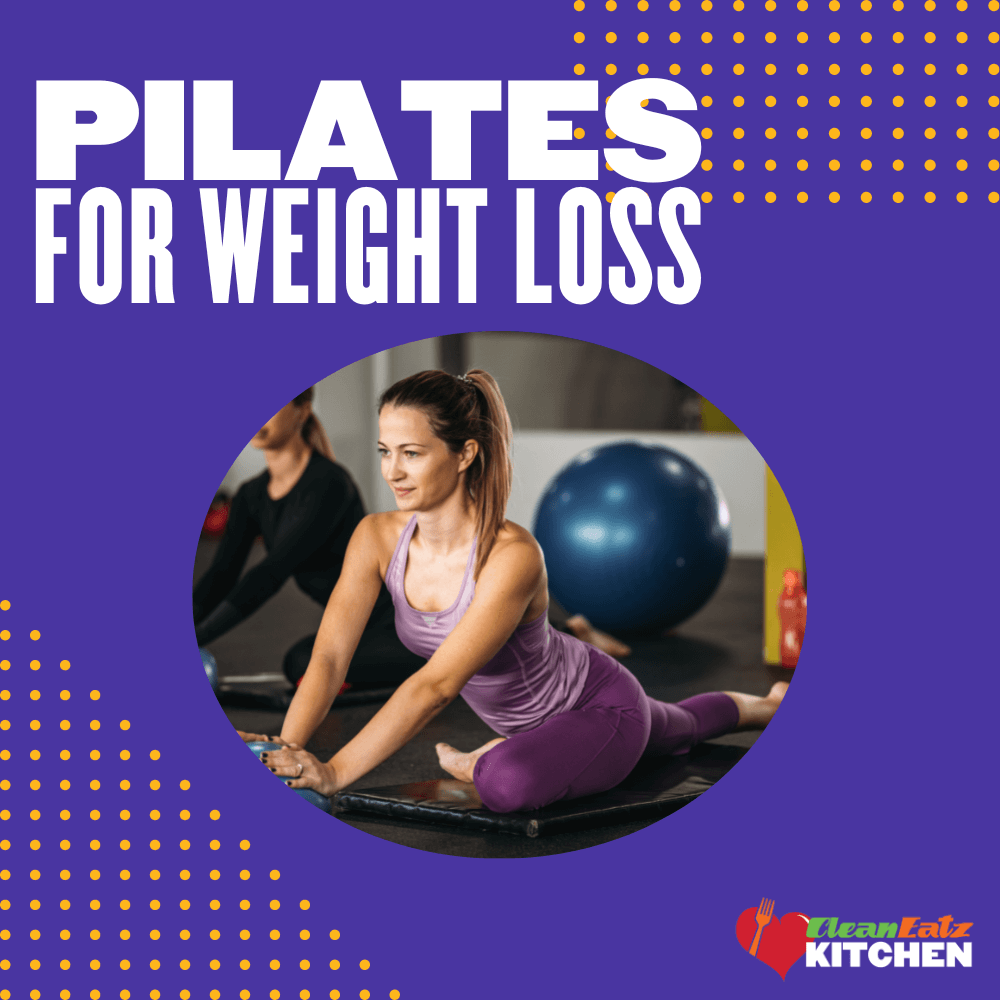
Can I Work Out While Sick?
Jason Nista
Exercises & Fitness
|
Healthy Lifestyle
6 minute read
Can I Work Out While Sick?
We all love training and getting stronger and reaping all the benefits to our health, our appearance, our mood and just feeling awesome. But what happens when one day you wake up and you’re not feeling at your best? Maybe you have a cold and a runny nose, or some tummy ache and mild diarrhea and you had scheduled a training session at the gym, a run, or a yoga session for later and are considering if you would do better to skip it this time and just lay back and recover.
However, this might not be necessary in most cases. Let’s see today what research says about training when sick when you should definitely stay at home and not do it, when it might be okay to just roll your sleeves and get the work done, and the smart way to do it.
Exercise and immunity
There are many proven associated benefits you can get from exercising to your immune system:
-
Boost the function of several immune cells, increase their immunosurveillance activity to protect against pathogens, and slow down the deterioration of the immune system.
-
Increase anti-inflammatory cytokines, neutrophils, immunoglobulins, and other immune cells.
-
Promote a healthy gut microbiome, where most of our immune system lives and thrives.
-
Increased effectiveness of vaccines like influenza and covid-19.
However, it is also important to note the effect of very intense exercise bouts which can also have a transitory negative effect on our immune systems like elevated inflammation, a diminished response to fight infections, and an increased risk of upper track respiratory infections. And if sustained for a long period of time, leading to symptoms of overtraining the effect on the immune system can be more severe.
This is really important when thinking if training while being sick is a good idea or not since we should take this into consideration to decide if we’re going to be doing more harm than good to our recovery process.
When training is a definite no-no
Based on the previously mentioned research we can deduce the importance of adjusting your training and decreasing intensity while being sick, which we will cover later in this article. But more importantly, identifying situations in which training is definitely not a good idea. Such scenarios are two:
-
When you are experiencing severe gastrointestinal symptoms like vomiting or diarrhea which would not only, and obviously, make training extremely uncomfortable and interrupted but which could lead to severe dehydration during and after the training session, posing a severe threat to your health or life.
-
If you have a fever before your training session, due to the thermogenic effect of exercising it can be very easy to raise that fever to dangerous levels which can lead you to dehydration, fainting, severe fatigue, being hospitalized, or a severe threat to your life.
When it might be ok to train
Taking those special considerations aside where you might be really harming your health, it can be OK to train even on days when you’re not feeling 100%. Things like sinus infection, no fever, bad allergies. mild cold or flu. headaches, intestinal infection with no diarrhea or vomiting, and other symptoms that do not require immediate medical attention.
Use the same criteria as you would use for your regular work or school. If you’re OK to go to the office or take a test, you probably are feeling well enough to get a training session in. If you’re too sick to train your body will probably let you know.
However, keep in mind that training on these sick days has a different set of goals that are far from setting PRs, an all-out effort, or getting stronger, but more on the side of keeping momentum and maintaining the habit of working out and boosting your immune system to recover faster. So there are many special considerations to take into account.
Special considerations when training while sick
If you are feeling ab it under the weather but still decide that it is still a good day to train keep in mind the following considerations to succeed and come out stronger and get better faster:
-
Adjusting your training: this is a bit of an obvious one but let’s mention it anyways. Reducing the volume or intensity of your session is not only smart but probably the only way to get through the training sessions so listen to your body and play it on the safe side with longer rest periods and less demanding workouts.
-
Hydration: Staying hydrated during exercise is always crucial to maintain performance, and avoid cramps and heat stroke, and is even more important when you are training with a cold, the flu, an intestinal bug, or other pains and aches. Stay hydrated before, during, and after your training session
-
Carbs and plant polyphenols: Make sure to get enough nutrients since these have been shown to counteract the possible decline in immune function if your session was a bit too intense, plant based sources like fruit or vegetables are the best option to get there, and loads of other polyphenols and phytonutrients, the ones you can only get from plant sources.
-
Vitamins: Like the good old and well-known vitamin C when feeling sick, but also get foods high in vitamin D and A to regulate your immune system. Salmon, egg yolks, carrots, milk, and colorful veggies are the winning options here, as is getting some sunlight exposure.
-
Enough sleep: we know that sleeping is crucial for our good health and several studies show that consistently getting less than 7 hours of sleep leads to an increased risk of getting sick with a cold and having more severe symptoms and longer recovery periods. If you engage in strenuous physical activity you might need up to 10 hours of sleep.
Even if you are too sick to train there is no need to stay in bed the whole day. Even a 20-30 minute walk has been shown to boost the immune response and help make the disease shorter and with milder symptoms.
Related Articles
All About the Incredible Burpees Benefits
7 minute read
Top Ten Evidence-base Foods That Promote Heart Health
9 minute read
Is Pilates Good for Weight Loss?
8 minute read



